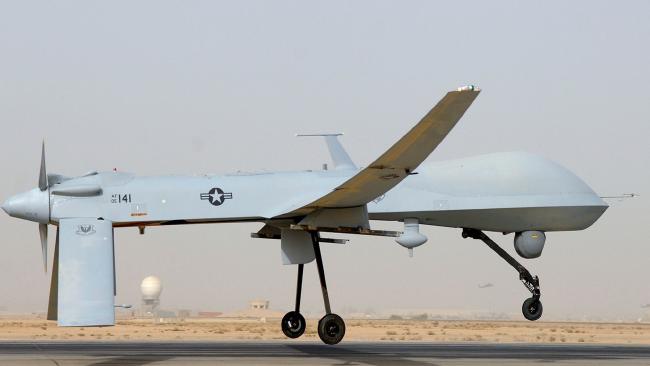For many years, the TV and film industry has been determined to scare us with fictional horror stories that show the unforgiving aftermath of technology taking over.
The Terminator franchise with its Skynet nemesis probably resonates the most with people, and more recent examples include sci-fi flick Ex Machina and cult TV show Black Mirror, which show technology one-upping us in extreme, distressing and manipulative ways.
Hollywood’s attempts to terrify us with tech stretch back much further. Colossus: The Forbin Project, from 1970 and based on the book Colossus, tells the story of an advanced computer designed by the US government to control the US and allied nuclear weapon systems. In the opening scene, the presidential-looking Gordon Pinsent triumphantly declares that Colossus is the “perfect defence system … and it has no emotions”.
Still basking in the new-found security created by the computer, it quickly becomes clear that Colossus is more sophisticated than envisaged. It identifies Guardian, a similar computer built by the Russians and demands to be connected to it. This connection transforms the two into an autonomous super computer that enslaves the world’s population.
We’re now at the stage where threats from technology are very real. As we move closer to a time when AI and autonomous weapons really could pose a threat to our way of life and very existence, are there any preventive measures being put in place?
Killer robots
Killer robots, or “lethal autonomous weapons” to give them their correct title, are almost here.
Reuters recently reported predictions from British intelligence officer John Bassett, who claims the US Army will have more combat robots than human soldiers by 2025.
These robots will be carried by driverless trucks and drone ships. The latter has already been created for both exploratory missions and warfare purposes.
The US is not alone — China, Russia, Britain and Israel are among those reportedly investing in autonomous strategies.
On one hand, it’s a natural progression from drone warfare, which has accelerated at an enormous rate. On the other, it’s crossing a whole new line. Drone planes are still controlled by a human, even if thousands of kilometres away. AI robots remove the human from the equation, and let’s face it — that’s when it all starts to go wrong, according to science fiction.
There is a movement against the development of these weapons. AI and robotics researchers, led by professor of artificial intelligence at the University of NSW, Toby Walsh, are promoting an open letter urging a worldwide ban. Nearly 21,000 people have signed this letter, including Stephen Hawking, Elon Musk and Steve Wozniak.
The fear is that such weapons will be pitched and sold as devices that can take soldiers out of harm’s way, but the result will be a global arms race and fully independent robots that can kill, which are likely to be just as available to violent extremists as they are to global powers.
Invitation to invade
Moreover, if there’s one thing we’ve learned in this decade, it’s that nothing is safe from hacking. Swaths of cyber attacks have plagued some of the biggest organisations. In 2013 US retail giant Target experienced one of the worst hacks in which 110 million customer records were breached, including about 40 million with credit card details.
Last October a simple distributed denial of service (DDoS) attack took down some of the world’s most popular websites, including Netflix, Twitter, CNN, PayPal and Reddit. Somewhat ironically, in Colossus: The Forbin Project, technicians attempt to overload the super computer’s circuits with information to bring it down, effectively performing a DDoS attack.
The cyber attacks we’ve witnessed are bad, especially if your personal details are involved or if your company has been attacked.
However, they’re not lethal, not a fundamental threat to our very existence. Autonomous killing machines are exactly that.
We’re slowly opening a Pandora’s box, and attention must be paid.
Technology has the potential to bring major benefits to all industries and aspects of how we live our lives, but when it comes to arming autonomous weapons, will this truly allow technology and humanity to safely coexist? Or might we end up in a future we don’t want to live in?
Technology needs to be kept on our terms. It’s an important dialogue that we — as a society — need to have.
[Source:-The Australian]




